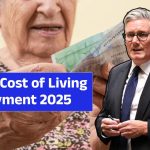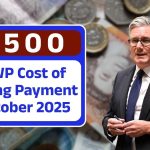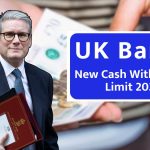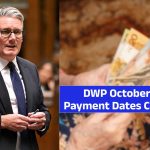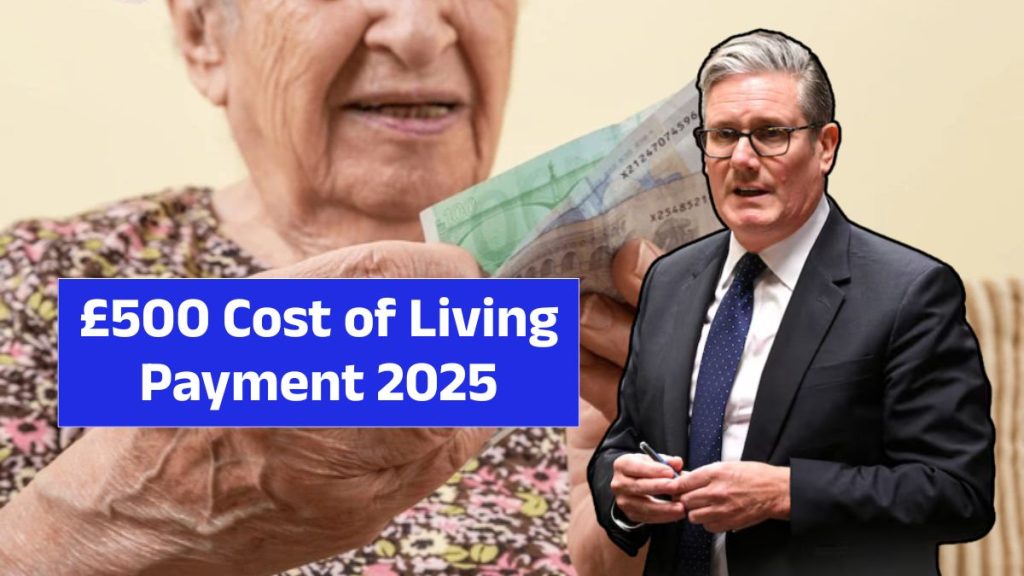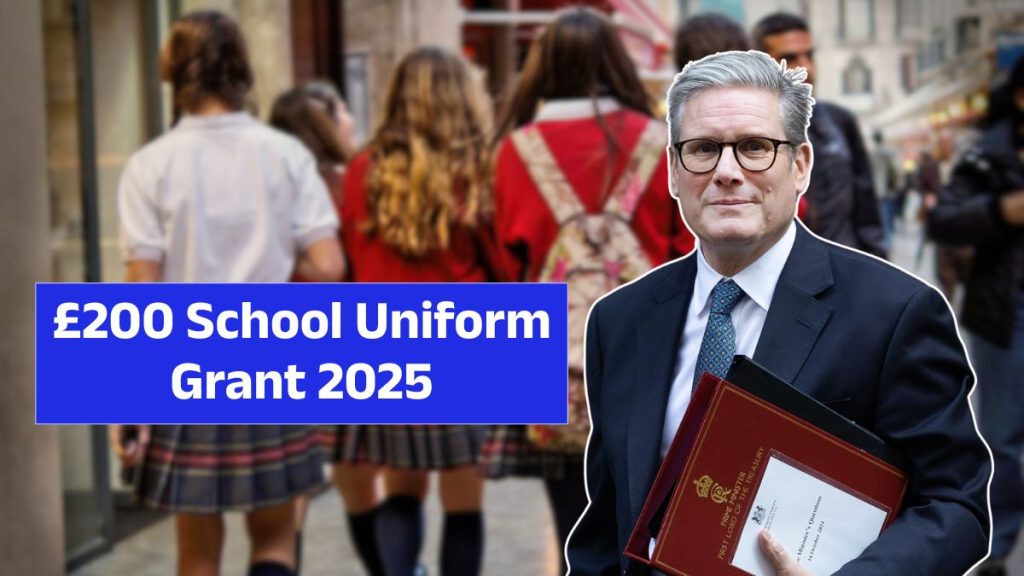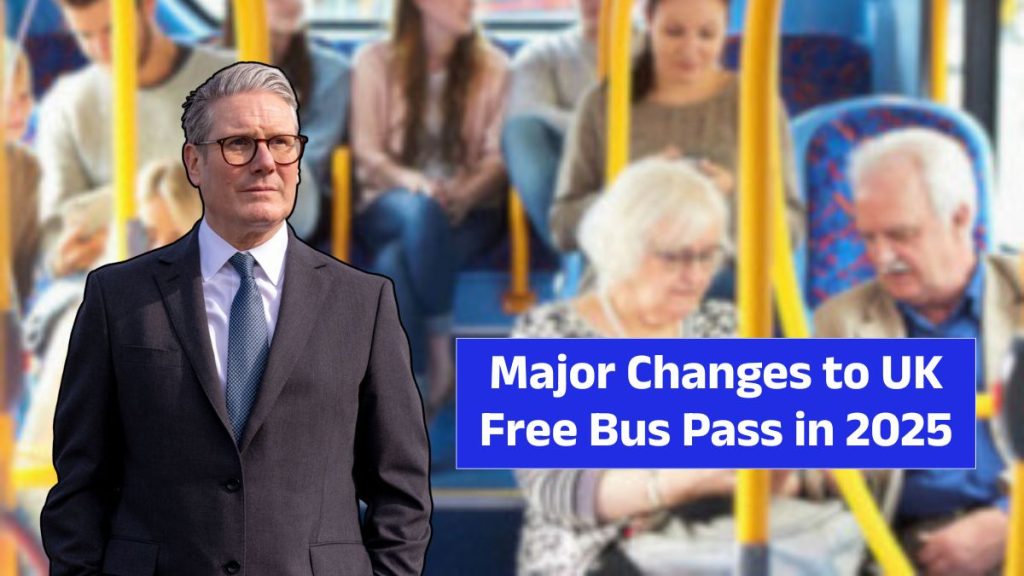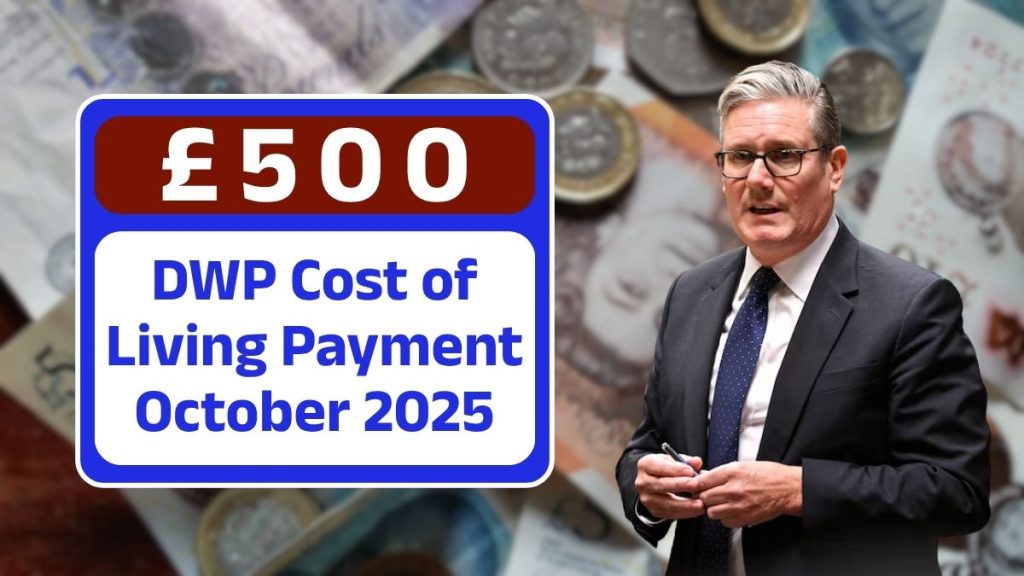The Department for Work and Pensions (DWP) has introduced a major update that could bring extra support of up to £812 for millions of UK households in 2025. Rising food prices, soaring energy bills, and increasing rent costs have left many families under severe financial strain. This new support package is designed to focus on those already receiving key benefits, ensuring that help goes directly to the most vulnerable groups.
Below, we break down the details of the DWP £812 payment, which benefits qualify, how the money will be delivered, and what claimants must know.
What is the DWP £812 Payment?
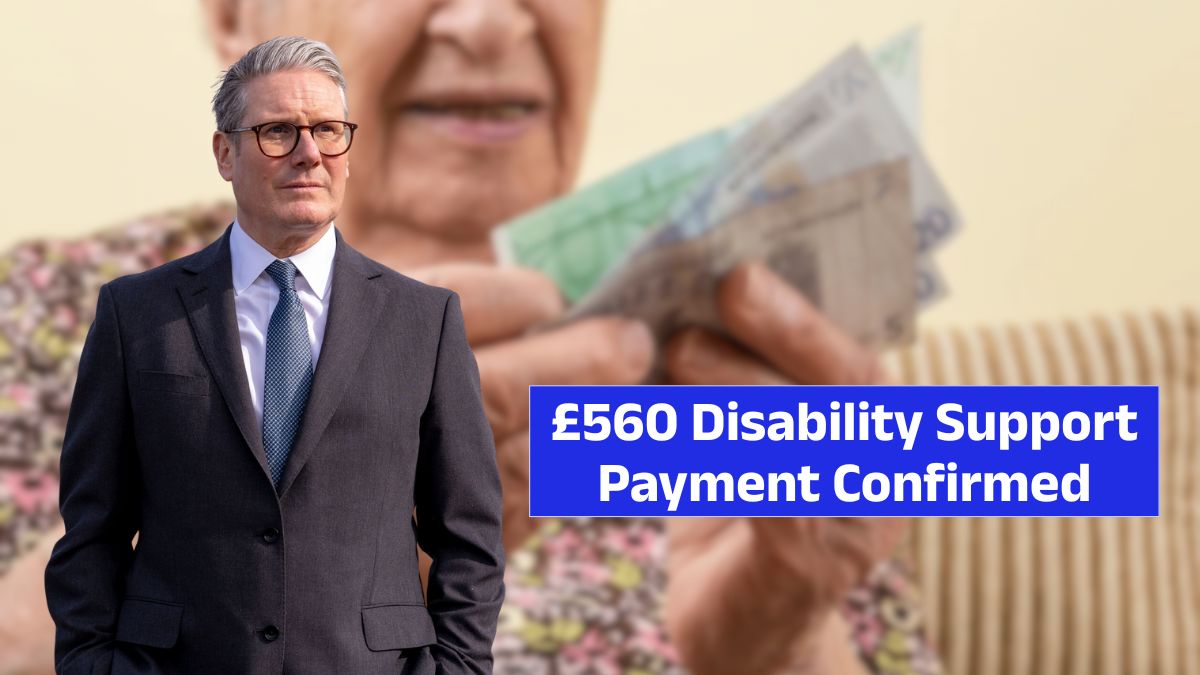
The £812 DWP payment is a targeted financial support measure introduced to assist low-income families, pensioners, unemployed people, and individuals with disabilities. Unlike the one-off cost of living payments provided in 2022 and 2023, this scheme is directly linked to four main benefits.
The government’s aim is to provide targeted relief rather than a blanket payment, making sure those under the greatest financial pressure are prioritised.
Quick Summary: Key Details of the £812 Payment
| Key Detail | Information |
|---|---|
| Payment Name | DWP £812 Payment Update 2025 |
| Amount | Up to £812 per eligible household |
| Qualifying Benefits | Universal Credit, Pension Credit, Income-Based JSA, Income-Related ESA |
| Delivery | Automatic bank transfer (no application needed) |
| Frequency | Linked to assessment periods; one-off or spread across schemes |
| Exclusions | Contribution-based JSA/ESA, higher-income households, those with large savings |
| Purpose | Cost-of-living relief for low-income, pensioner, and disabled households |
| Official Website | gov.uk/dwp |
Universal Credit Claimants
Universal Credit remains one of the UK’s largest welfare schemes, supporting people who are:
- Out of work
- On low incomes
- Unable to work due to illness or caring responsibilities
For these households:
- If your income falls below the DWP threshold, you may qualify for the £812 payment.
- Families with children, people with disabilities, and carers are most likely to benefit.
- Even those in part-time or full-time low-wage jobs can qualify, as eligibility is income-based, not work-based.
This corrects a common misconception that being employed automatically excludes people from additional DWP support.
Pension Credit Claimants
Pension Credit is vital for older citizens whose retirement income falls below a set threshold.
- Pension Credit acts as a gateway benefit, unlocking access to other schemes such as free NHS dental care, council tax support, and the Warm Home Discount.
- Pensioners receiving this benefit will automatically qualify for the £812 payment.
- Many pensioners are unaware they are entitled to Pension Credit, which means they risk missing out on this additional help.
The government is encouraging pensioners to check eligibility, as the payment could provide essential relief against soaring energy and food bills.
Income-Based Jobseeker’s Allowance (JSA)
Income-based JSA supports those who are actively looking for work but currently unemployed.
- Claimants will automatically be considered for the £812 payment.
- This support can help cover food, transport, and essential bills during job searches.
- Contribution-based JSA alone does not qualify unless combined with income-based elements.
For unemployed workers, this payment may act as a crucial financial safety net while transitioning back into employment.
Income-Related Employment and Support Allowance (ESA)
ESA is designed to support those unable to work due to illness or disability.
- Recipients face higher living and healthcare costs, making them one of the most vulnerable groups.
- The £812 payment recognises these challenges, especially for those requiring higher energy usage or frequent medical travel.
- Payments will be made automatically into the bank accounts of qualifying ESA claimants.
How Will the Payment Be Delivered?
The DWP has confirmed a direct payment process:
- Payments will be deposited straight into bank accounts linked to the qualifying benefit.
- No separate application is required.
- Bank statements will clearly label the transaction for transparency.
- Claimants should ensure their bank details are up to date to avoid delays.
Important: The DWP has warned against scams. It will never contact claimants via text, email, or phone call asking for bank details.
Who Will Not Qualify for the £812 Payment?
The scheme is tightly targeted, meaning not all households are eligible. Exclusions include:
- People on contribution-based JSA or ESA unless combined with income-based elements.
- Households with income above DWP thresholds.
- Self-employed individuals with recently increased income.
- People with large savings or investments.
The priority remains on supporting low-income and financially vulnerable households.
Why This Update Matters
The £812 DWP payment comes as millions of households continue to face the ongoing cost-of-living crisis.
- Energy bills: High heating and electricity costs remain a major burden.
- Food inflation: Supermarket prices have seen sharp increases.
- Rising rents: Many families are struggling to cover housing expenses.
For pensioners, disabled individuals, unemployed workers, and low-income families, this payment could mean the difference between falling into debt and staying financially stable.
FAQs on the DWP £812 Payment
1. Do I need to apply for the £812 DWP payment?
No, payments will be made automatically to eligible claimants.
2. Which benefits qualify for the £812 payment?
Universal Credit, Pension Credit, Income-Based JSA, and Income-Related ESA.
3. Can working families claim the £812 support?
Yes, as long as household income is below the DWP threshold, even part-time or full-time workers can qualify.
4. Will contribution-based JSA or ESA qualify?
No, unless these are combined with income-based elements.
5. When will the £812 payment arrive?
Payments are expected to begin in 2025, linked to benefit assessment periods. Claimants should monitor bank statements for updates.
